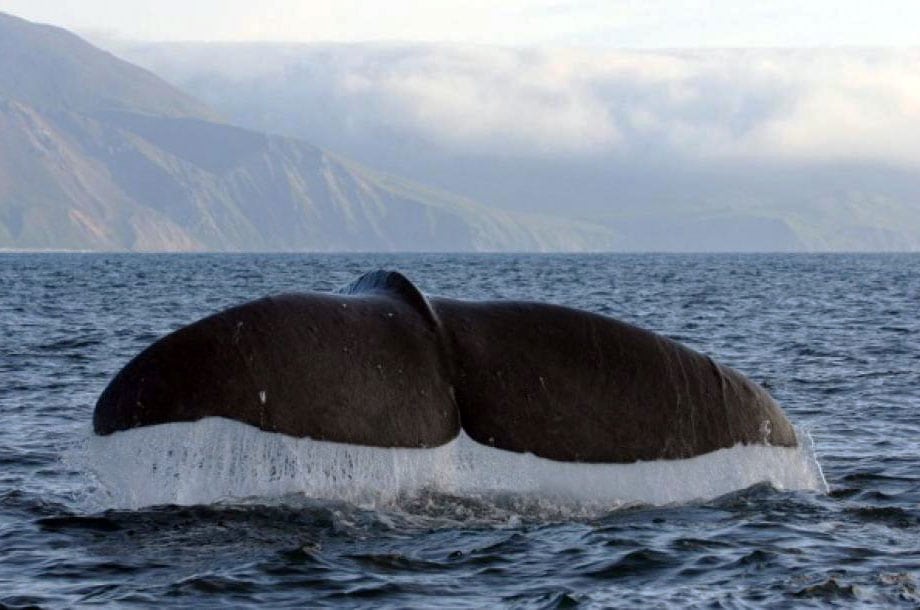Delays in implementing solutions to the problems that have already been identified as threatening to degrade the world’s oceans will lead, unnecessarily, to incurring greater environmental, social and economic costs, according to a summary released this week of the most comprehensive scientific and socioeconomic assessment ever undertaken on the world’s oceans and which is to reinforce the science-policy interface for oceans.
The Summary of the First Global Integrated Marine Assessment, or World Ocean Assessment, found that the sustainable use of the oceans cannot be achieved unless the management of all sectors of human activities affecting the oceans is coherent. “Human impacts on the sea are no longer minor in relation to the overall scale of the ocean. A coherent overall approach is needed.”
[tweetthis url=”http://wp.me/p5Mdaw-1Yc”]World is running out of time to sustainably manage its oceans- UN report #Action2015 #GlobalGoals[/tweetthis]
The Assessment marks the first time ever that scientific experts have assessed the current knowledge on the biological, chemical, economic, physical and social aspects from an integrated, overall perspective. Steered by the 22 member Group of Experts of the Regular Process, the scientists selected from the Pool of Experts, comprised of some 600 members from all over the globe, have looked at the oceans, their flora and fauna and the ways in which humans are benefitting from, and impacting on the ocean.
In the 55-chapter Assessment, experts on a myriad of disciplines have examined a wide range of issues that affect the oceans’ ecosystems and marine biodiversity, including the impacts of climate change, ice coverage, the frequency of storms, ocean acidification, land-based activities, unsustainable fishing practices, shipping activities, invasive non-native species, offshore hydrocarbon industries and marine debris. And they found that the world’s oceans are in dire shape.
According to the Joint Coordinators of the Group of Experts that led the preparation of the Assessment, Alan Simcock (United Kingdom) and Lorna Inniss (Barbados), “The ocean is a very complex system, and its sustainable management requires us to keep our eye on many aspects simultaneously. There are many gaps in our knowledge of the ocean, in the world-wide capacities to apply it and in the related capacity-building, but solutions exist for many problems, and some have already been implemented in various parts of the world.”
The first World Ocean Assessment will be presented to the General Assembly’s Ad Hoc Working Group of the Whole of the Regular Process for Global Reporting and Assessment of the State of the Marine Environment, including Socioeconomic Aspects for consideration at a meeting from 8 to 11 September 2015. This meeting of UN Member States and observers, intergovernmental and non-governmental organizations, will consider how the findings of this new comprehensive scientific and socioeconomic Assessment may serve as a baseline in addressing problems of the oceans. The conclusions of these important deliberations will be forwarded to the General Assembly for its consideration. It will be the first time in its history that the General Assembly will be provided with a comprehensive scientific and socioeconomic Assessment to guide its decisions on oceans.
The Joint Coordinators of the Group of Experts stressed: “The recent scientific findings brought together in the World Ocean Assessment show that the world is running out of time to bring the overall human impacts on the ocean under sustainable management.”
The Summary of the First Global Integrated Marine Assessment can be found at https://www.un.org/ga/search/view_doc.asp?symbol=A/70/112
For further information, please contact Dan Shepard, UN Department of Public Information, 1 212 963-9495, e: shepard@un.org

